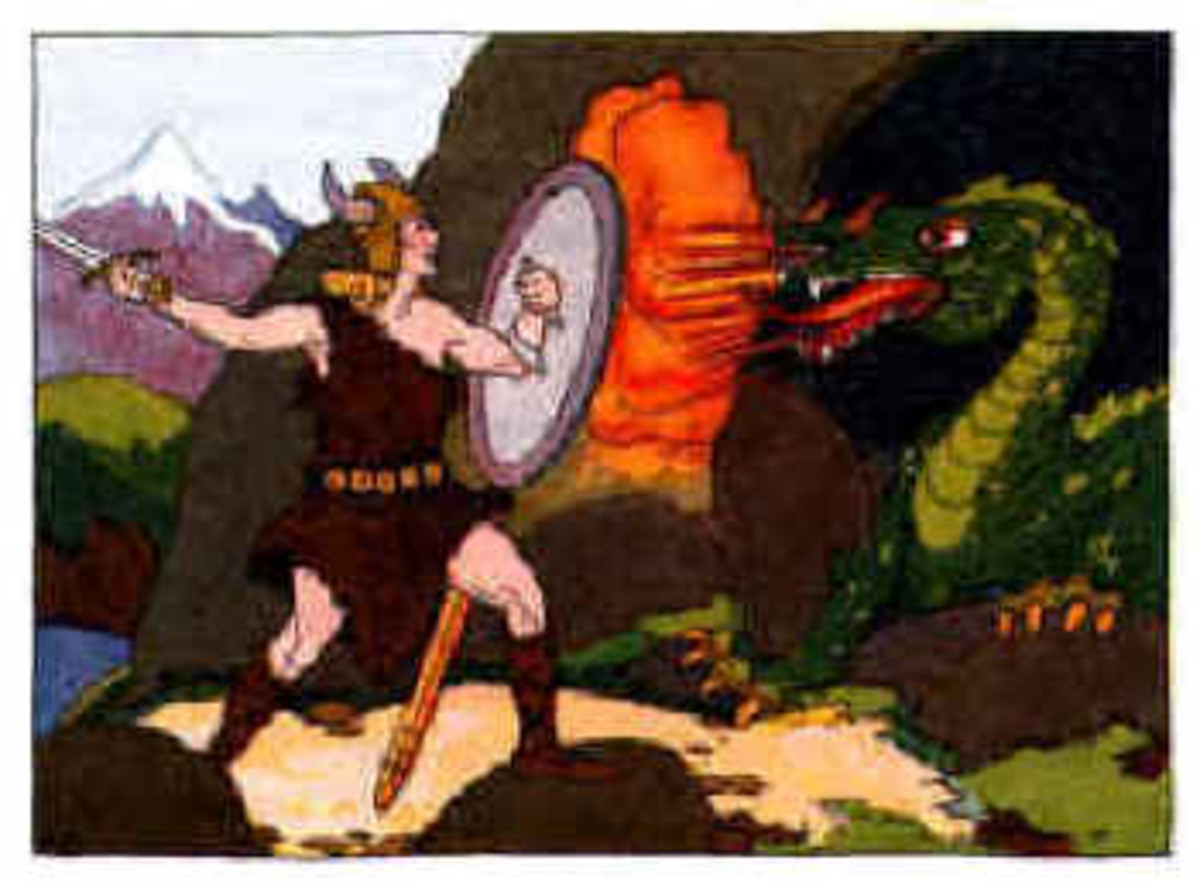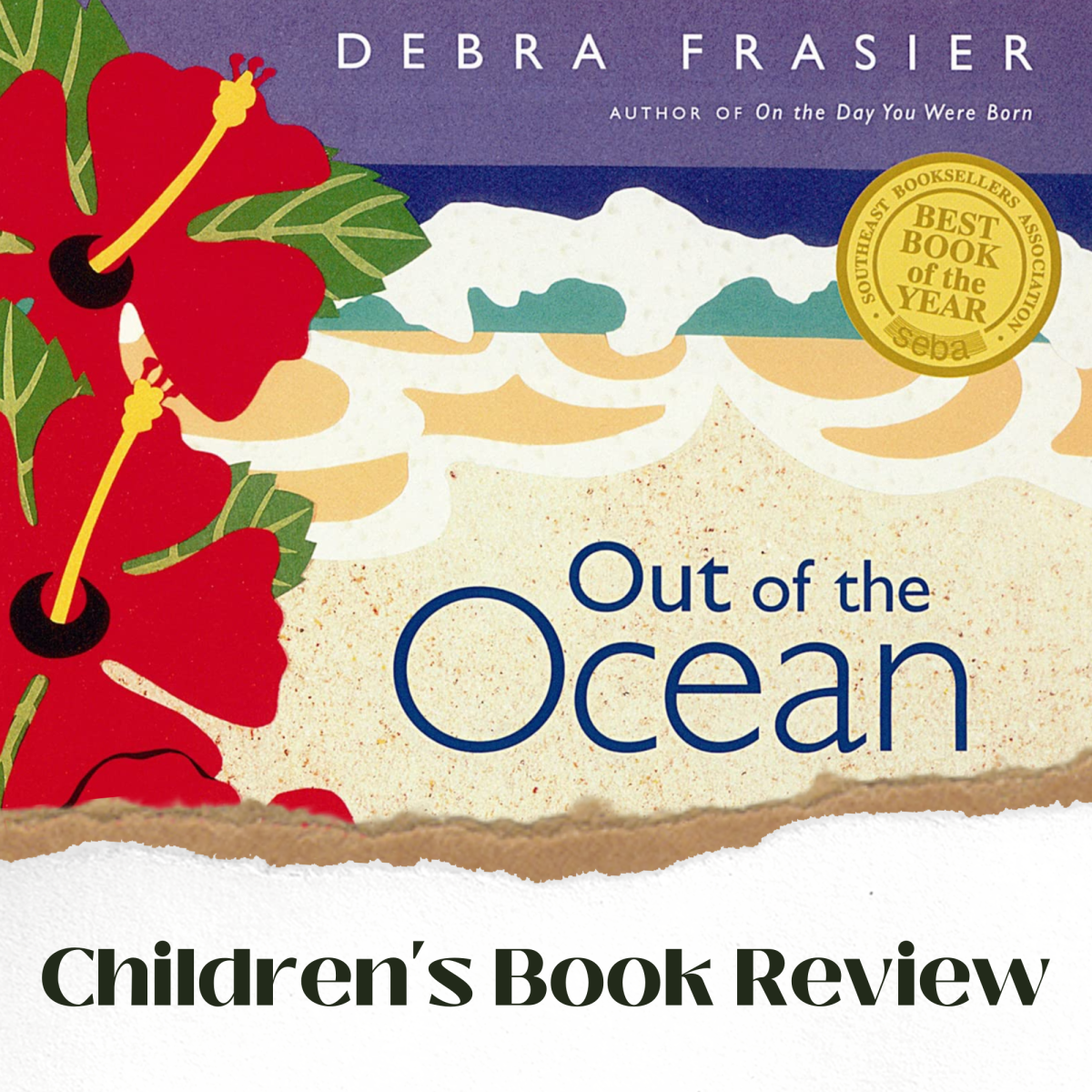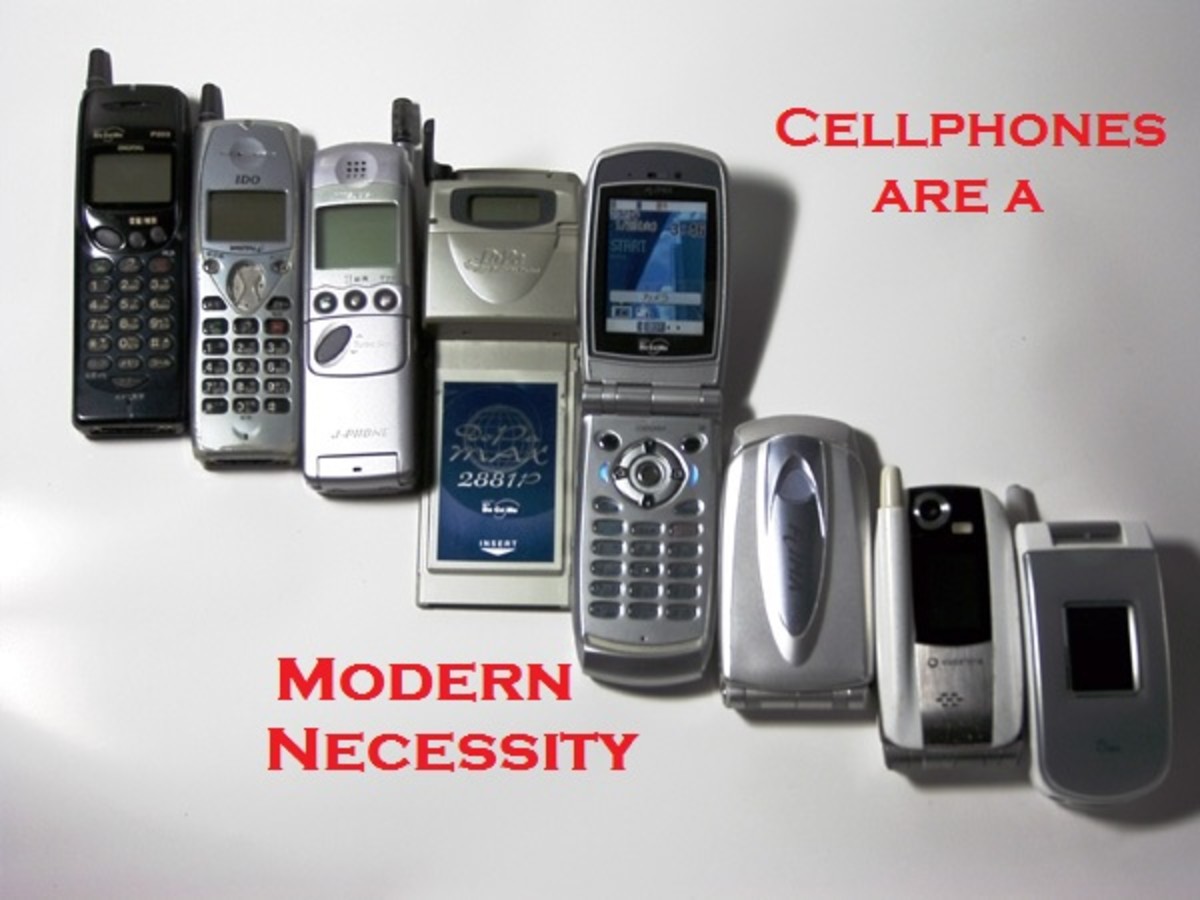What Makes a Hero? A Book Summary and Commentary
I picked up this book from the library because I have been wanting to learn more about what makes people more generous, giving and sacrificing than others. I like to participate in community service, but there are always people who do more.
I thought it was a good book for me to read because it gave me a more well-rounded perspective on the issue of giving and sacrifice. It is something I have struggled with over the past few years as I try to find my niche in the world, when I see so many others give so much more than I do. I feel I have a better understanding of what it takes to be a true altruist and what I can do now to be the person I want to be.
My Key Takeaways
- There is the notion of egoists vs. altruists, where altruists donate or help more than egoists, which is surmised to occur because altruists experience more activity in the nucleus accumbens, which releases the chemical dopamine that makes us feel good when we perform and action and encourages us to do it again.
- The more subjects associated with a cause or request, the less likely people are to give. For instance, people are less likely to donate to a general plea for funds for animals in need, but will be more compelled to give if presented with the opportunity to contribute directly to the care of a specific individual animal with a name and picture.
- Similarly, people tend to react neutrally or insufficiently to large-scale tragedies without a particular face to it, such as with natural disasters in “faraway” places. We should have morally grounded logical reasoning to process these disasters and tragedies so we can comprehend and understand the true significance of the event and how we can help.
- People who have less money and objects and who have undergone more difficulties in life actually give more than people who have more things and experienced less adversity because they are more likely to understand where victims are coming from and want to help.
- It helps altruists to have the support of family and friends if they are going to sacrifice to help others. Serving others can improve relationships with loved ones as well by enhancing confidence and happiness.
- It is beneficial to one’s health to be an altruist, such as in life longevity and reduced stress levels. However, to experience these benefits, altruistic acts need to be frequent. It may be helpful for doctors to share this information and possibly recommend that people perform more acts of service to improve health.
- Also, schools can incorporate these lessons in their curricula.
- For those who help others, there is often a reproductive reason for doing so, meaning there is likely to be a benefit to our future generations of offspring. Ants may sacrifice themselves for the good of the queen of the colony for the good of the colony and therefore, most likely, for the good of its progeny.
- Heroic and altruistic acts may not come naturally, but can come through practice through smaller acts each day. Altruistic behavior is 50% genetic, 10% environmental, and 40% personal choice.
- There can be consequences to standing up for others or for trying to do the right thing, so it is encouraged that these consequences be considered. Often, our survival instincts may prevent us from doing good deeds if we feel we may be put in danger or our reputations may be tarnished; however, we sometimes tend to overestimate these consequences.
Are you an altruist or an egoist?
I had a few comments after reading this book, which was all the more intriguing to me because the author is from San Jose, where I have performed the bulk of service over the past few years. She even mentioned non-profit groups with which I am familiar. I thought it was interesting that given her experience and background in this city, that she would condone activities such as handing out money and other items to homeless people on the street, when in San Jose it is encourage to put the money and resources toward organized groups that have more experience serving these populations effectively. I understand the desire to help people on the street who you see face-to-face, but in San Jose it’s actually illegal to panhandle and to hand out food and other items to the homeless in a public setting specifically to encourage people to donate where their dollars will make the most long-term impact. I can understand that people want to avoid bureaucracy, but I believe that sometimes it’s not what it seems that that the people behind the “bureaucracy” are altruists who want to make the biggest impact. The author mentioned the rewarding feeling and satisfaction of helping people on the ground level and face-to-face, but I believe that can still be achieved by serving together with others through proven organizations of people who have been working on the issues for years and who have seen negative and positive impacts over time.
She also mentioned a Heroes day camp, and it reminded me of a Young Heroes and City Heroes program that I participated in here in San Jose run by the education non-profit City Year. The programs involved middle- and high-school students and ran during the school-year, encouraging the participants to engage in service and altruism each week by exposing them to different service opportunities and learning experiences, i.e. one session at an animal shelter, one session with seniors citizens, at a creek clean-up, etc. I thought it was a great program because it helped youth discover and hone their passions in community service. I would encourage anyone looking at participating in or starting a similar program to research it or contact me. The Young Heroes program had upwards of 60 participants throughout the entire year, and I still keep in touch with some of them.









